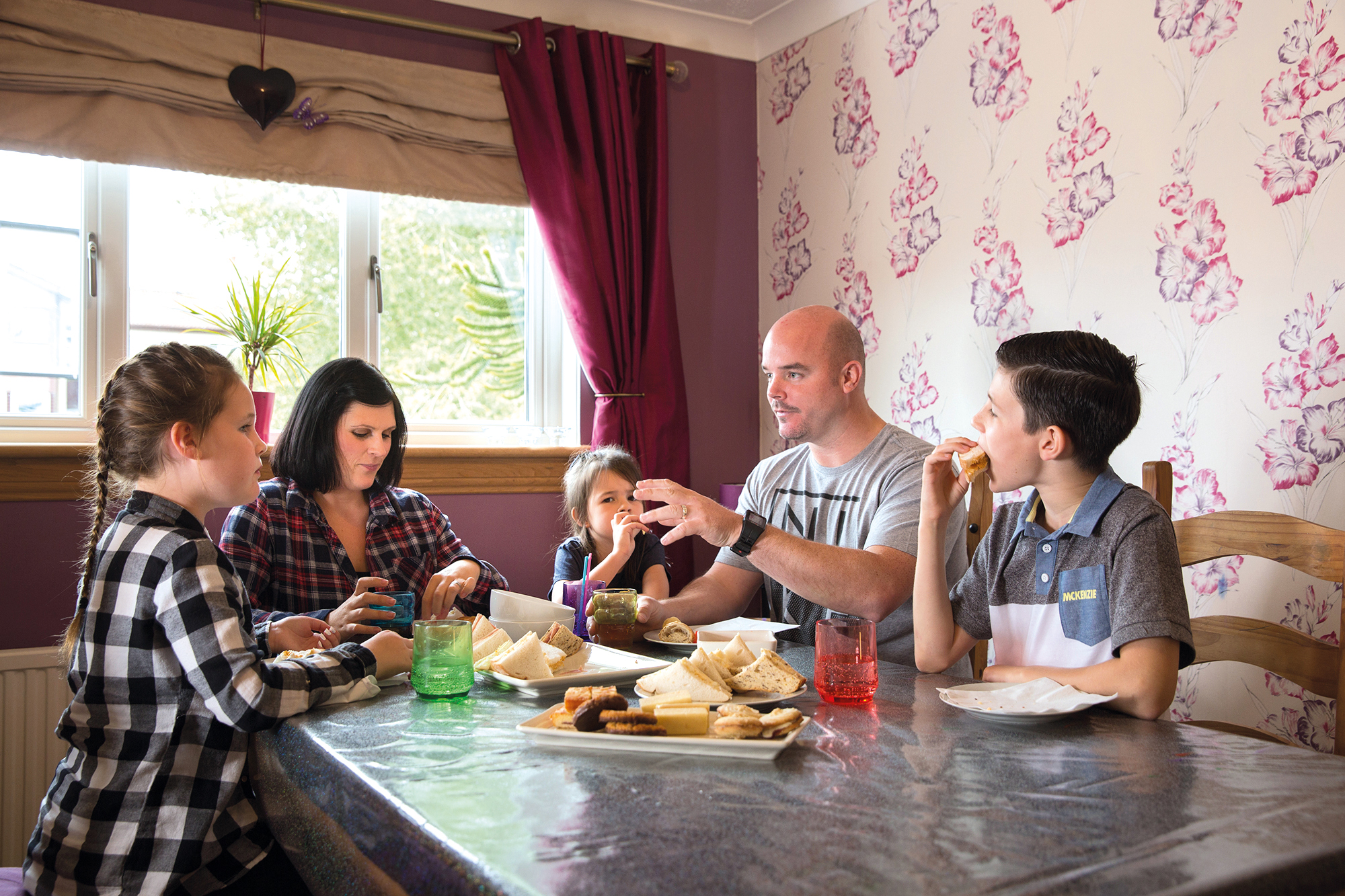Celebrating the small things and taking a holistic approach to care are two of the recommendations of new research into the impact of limb loss on families. We explore the findings and speak to veteran Michael Mellon about his family’s own experience of limb loss
It’s often the small things that matter most on an amputee’s journey. “You’d be surprised at how often socks came up in our study,” says Dr Hilary Engward, one of the researchers behind a new report into the impact of limb loss on families. “Socks take on a new importance when you can’t put them on anymore.”
Valuing everyday achievements is just one of the recommendations of the study, which aimed to uncover the effects of limb loss on families and how they can be better supported by the healthcare and charity sectors. The report Caring and Coping: the Family Perspective on Living with Limb Loss, was a collaboration between Blesma, the charity for limbless veterans, and The Veterans & Families Institute for Military Social Research at Anglia Ruskin University, and was funded by the Forces in Mind Trust, which supports ex-Service personnel. Its findings can be applied to everyone with limb loss, and so its recommendations are being disseminated beyond military charities and professionals who support veterans.
“What stood out was that carers aren’t being asked how they are managing; it’s just assumed that they are coping.”
The researchers collected data from 72 veterans and their family members. “The report is full of concrete examples of the lived experiences of people with limb loss,” says Hilary, senior lecturer at The Veterans & Families Institute. “We asked them about what had happened and how they coped, keeping questions open so that we could hear their different experiences in detail. To get a variety of perspectives we interviewed veterans alongside their partners and families.” The researchers defined carers as anyone who gave any level of support, whether partners or the wider family.
Read More in our Step Forward magazine.

